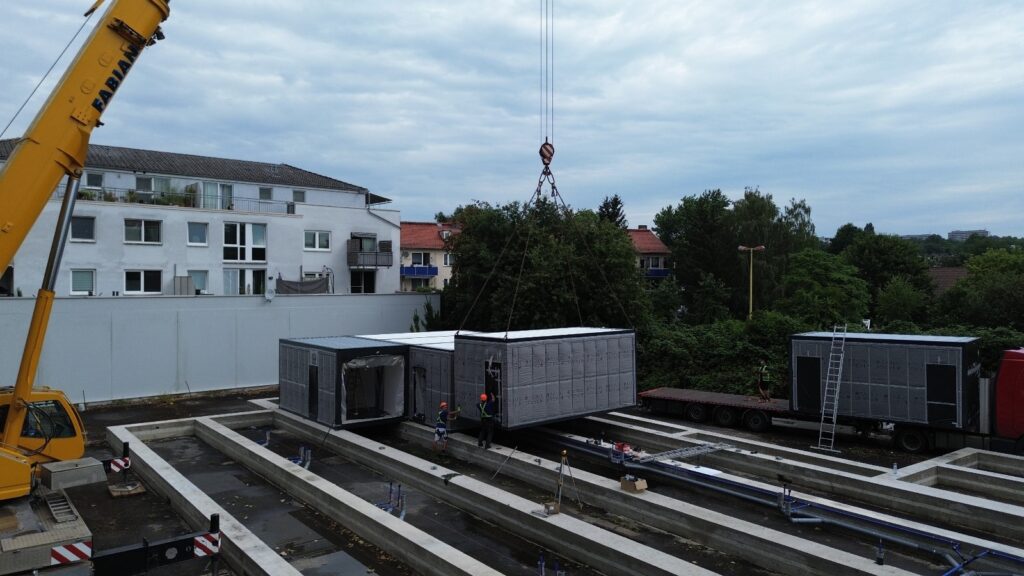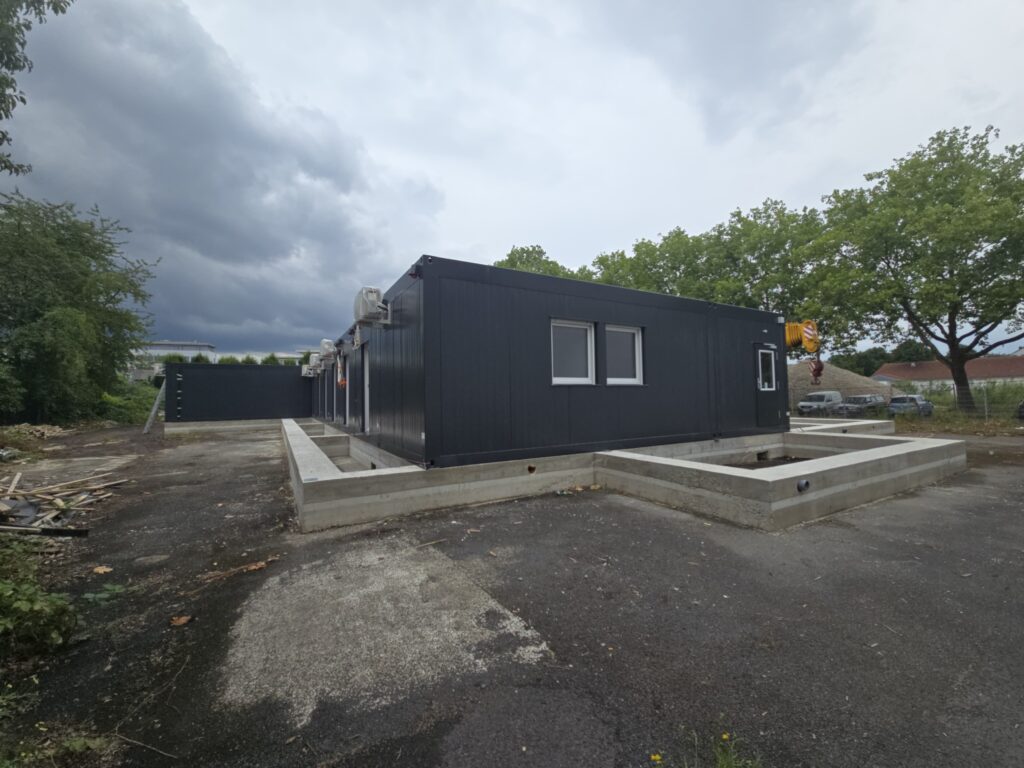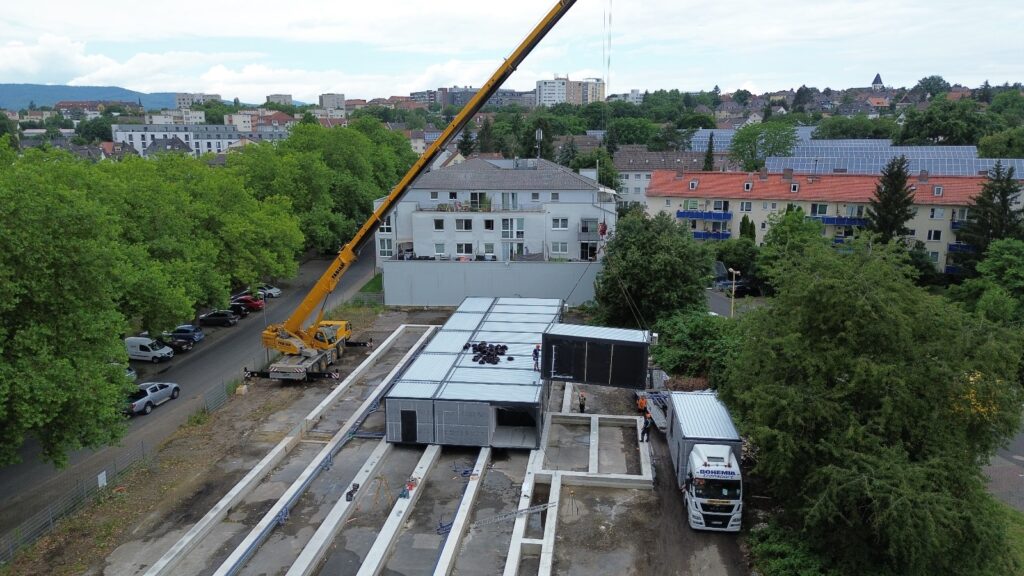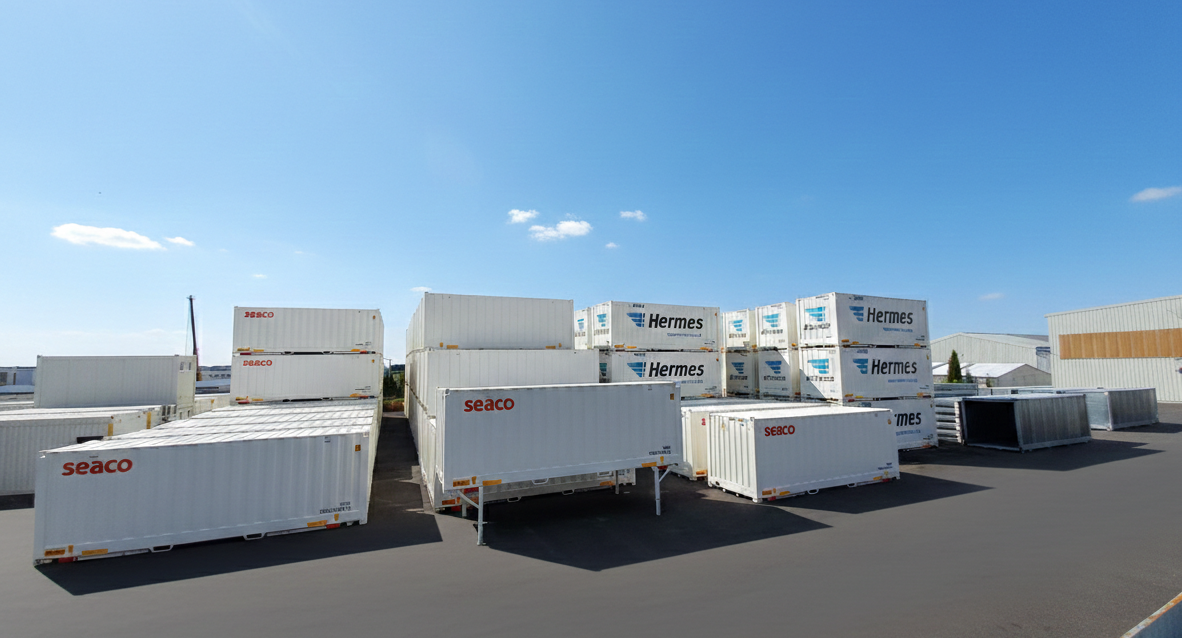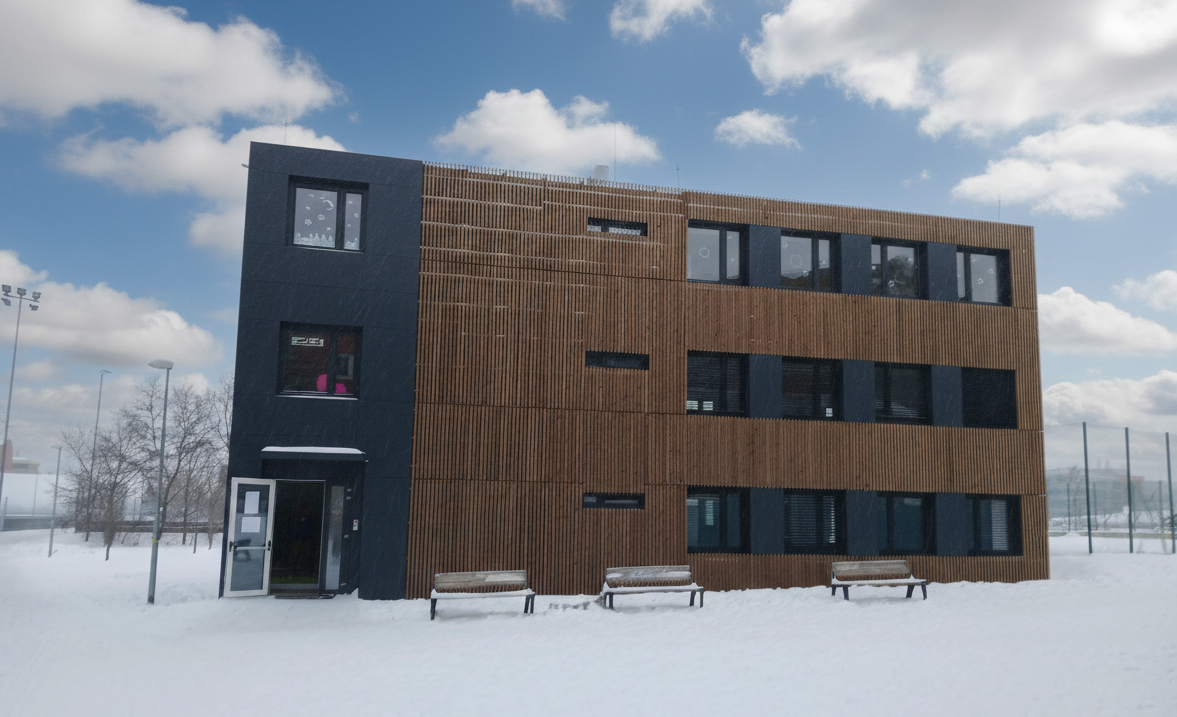See how we build a three-storey modular hostel in Germany. The modular building will be constructed of 138 containers including sanitary modules and showers and one technology module. The building will include corridor modules, internal and external staircases.
In recent years, residential modules have become an increasingly popular choice for the construction of dormitories. They offer a number of advantages over traditional construction methods, such as speed of construction, lower costs and flexibility.
The use of residential modules in hostels:
HMOs can be used for a variety of purposes, including:
– Worker accommodation on construction sites: Residential modules are ideal for worker accommodation on construction sites as they can be quickly erected and easily dismantled once the project is complete.
– Accommodation for the homeless: Housing modules can provide temporary accommodation for the homeless. They can be equipped with basic amenities such as beds, tables, chairs, kitchen and bathroom.
– Accommodation for students: Housing modules can be used as student dormitories. They are more affordable than traditional halls of residence and can offer students more privacy.
– Emergency accommodation: the housing modules can be used as emergency accommodation for people who have been affected by a natural disaster or other emergency.
The use of housing modules in the construction of shelters offers a number of advantages, including rapid construction, flexibility, mobility, cost-effectiveness and environmental sustainability. These modules are proving to be a practical and innovative solution for a variety of accommodation needs in different sectors. With the growing demand for fast and customizable accommodation solutions, the importance of residential modules can be expected to continue to grow.
